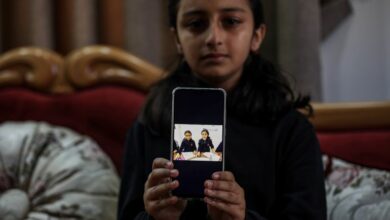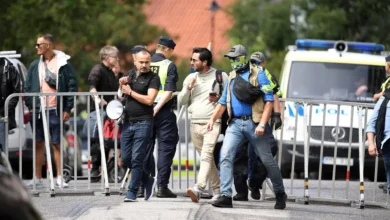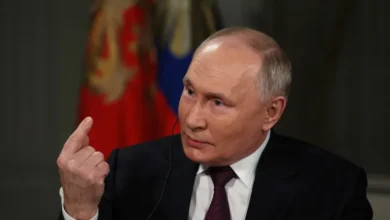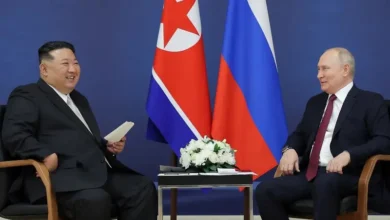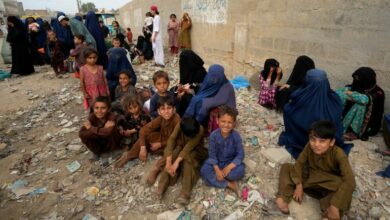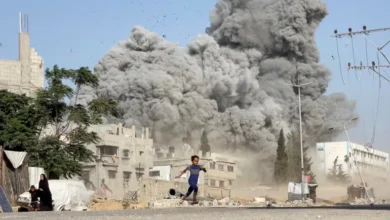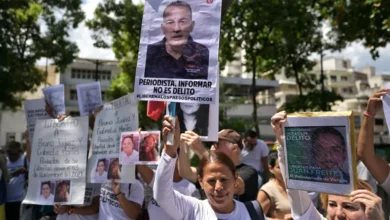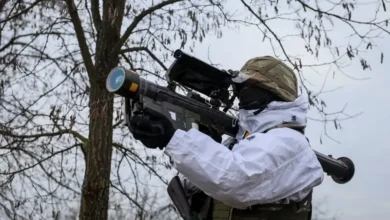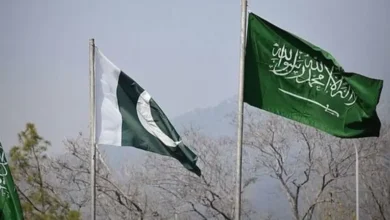Iran, US conclude ‘constructive’ nuclear talks in Oman, agree to meet again
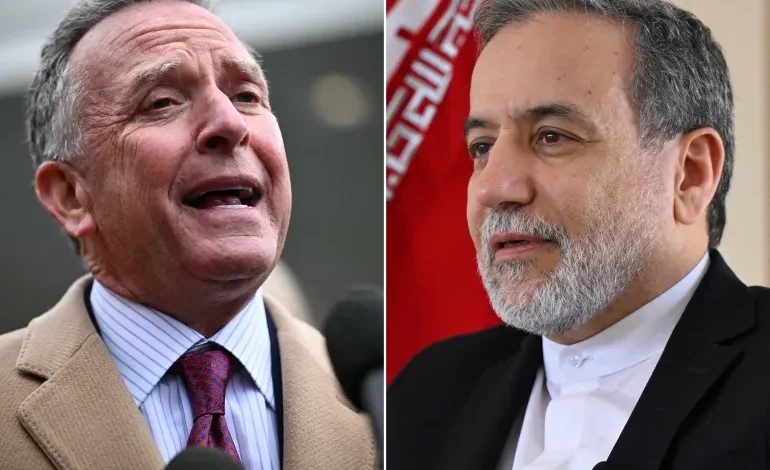
Delegates from the United States and Iran agreed to hold more talks next week after concluding “indirect” nuclear negotiations in the Omani capital, Muscat.
Iran’s Ministry of Foreign Affairs describ.
Special Envoy Steve Witkoff headed the US delegation, while the Iranians were led by Foreign Minister Abbas Araghchi. He was accompanied by his deputy for political affairs Majid Takht-Ravanchi, deputy for international affairs Kazem Gharibabadi, and Foreign Ministry spokesman Esmail Baghaei.
Omani Foreign Minister Badr bin Hamad al-Busaidi acted as chief mediator, taking messages between the delegations who were sitting in separate rooms.
The White House issued a statement saying the talks were “positive and constructive”. “These issues are very complicated, and Special Envoy Witkoff’s direct communication today was a step forward in achieving a mutually beneficial outcome,” it said, adding the sides agreed to “meet again next Saturday.”While Trump and his officials had insisted the talks would be “direct” and “in the same room”, Tehran had stressed that the negotiations would be indirect.
Al Jazeera’s diplomatic editor James Bays quoted a source close to the negotiations that both sides were asked to produce a position paper, laying out the areas they think are important for the discussion and their red lines.
Iran has emphasised that the talks will solely be focused on its nuclear programme, and not its military capabilities or its “axis of resistance” of aligned forces across the region.
Shortly before the talks, US President Donald Trump again warned Tehran of military action if a deal is not reached.
“I want them not to have a nuclear weapon. I want Iran to be a wonderful, great, happy country, but they can’t have a nuclear weapon,” Trump told reporters on board Air Force One on his way to Florida on Friday night.It remains unclear whether the second round of the talks will be direct or carried out similarly to Saturday’s mediated negotiations.
Before the talks, a senior aide to Supreme Leader Khamenei said Tehran is seeking a “real and fair” agreement with Washington.
“Far from putting up a show and merely talking in front of the cameras, Tehran is seeking a real and fair agreement, important and implementable proposals are ready,” Ali Shamkhani posted on X on Friday.
The 2015 accord put stringent limits on Iran’s enrichment of uranium, stockpiles of nuclear material, and research and development in exchange for lifting United Nations sanctions.
The US had imposed its harshest sanctions yet after reneging on the deal in 2018. Those sanctions were only exacerbated by Trump’s successor Joe Biden, dealing heavy blows to the economy and 90 million Iranians.
Iran’s currency continues to hover around all-time low rates as a result of external pressure and local mismanagement, but it regained some lost ground after the talks concluded without collapsing, showing market eagerness for a deal.
The European powers party to the 2015 accord, namely France, the United Kingdom and Germany, have also been imposing sanctions on Iran, both due to its nuclear advances in the aftermath of Trump’s withdrawal and because of tensions over the Russia-Ukraine war.
The European Union on Friday said there was “no alternative to diplomacy” while Germany urged both sides to reach a “diplomatic solution”.
China and Russia, the other signatories of the deal, have opposed Western efforts to pressure Iran through passing censure resolutions at the International Atomic Energy Agency (IAEA). They have forged closer political and military ties with Tehran.Iran has warned it would abandon the Non-Proliferation Treaty (NPT) and expel all remaining IAEA nuclear inspectors if the Western powers make good on their threats.
Trump and his officials, along with top Israeli leaders, have repeatedly warned that Iran would be extensively bombed if it fails to agree to their demands over its nuclear programme. Israel remains the biggest opponent of any prospective Iran-US agreement.
US and Israeli leaders have suggested main nuclear facilities, refineries and civilian infrastructure like power plants would be attacked if negotiations fail.
On Thursday, Washington imposed additional sanctions on Iran, targeting its oil network and nuclear programme.
Israeli Prime Minister Benjamin Netanyahu has discussed with Trump the so-called “Libyan model” to deal with Iran’s nuclear programme, meaning he is seeking a full dismantlement and surrender of all nuclear capabilities.
But Tehran has remained defiant, arguing nuclear knowledge and development gained over decades cannot be bombed or destroyed.
It has maintained that its nuclear programme is strictly peaceful and for civilian use, such as for power generation and manufacturing of radiopharmaceuticals, but senior officials have signalled the Iranian establishment could go for a bomb if facing an “existential threat”.
